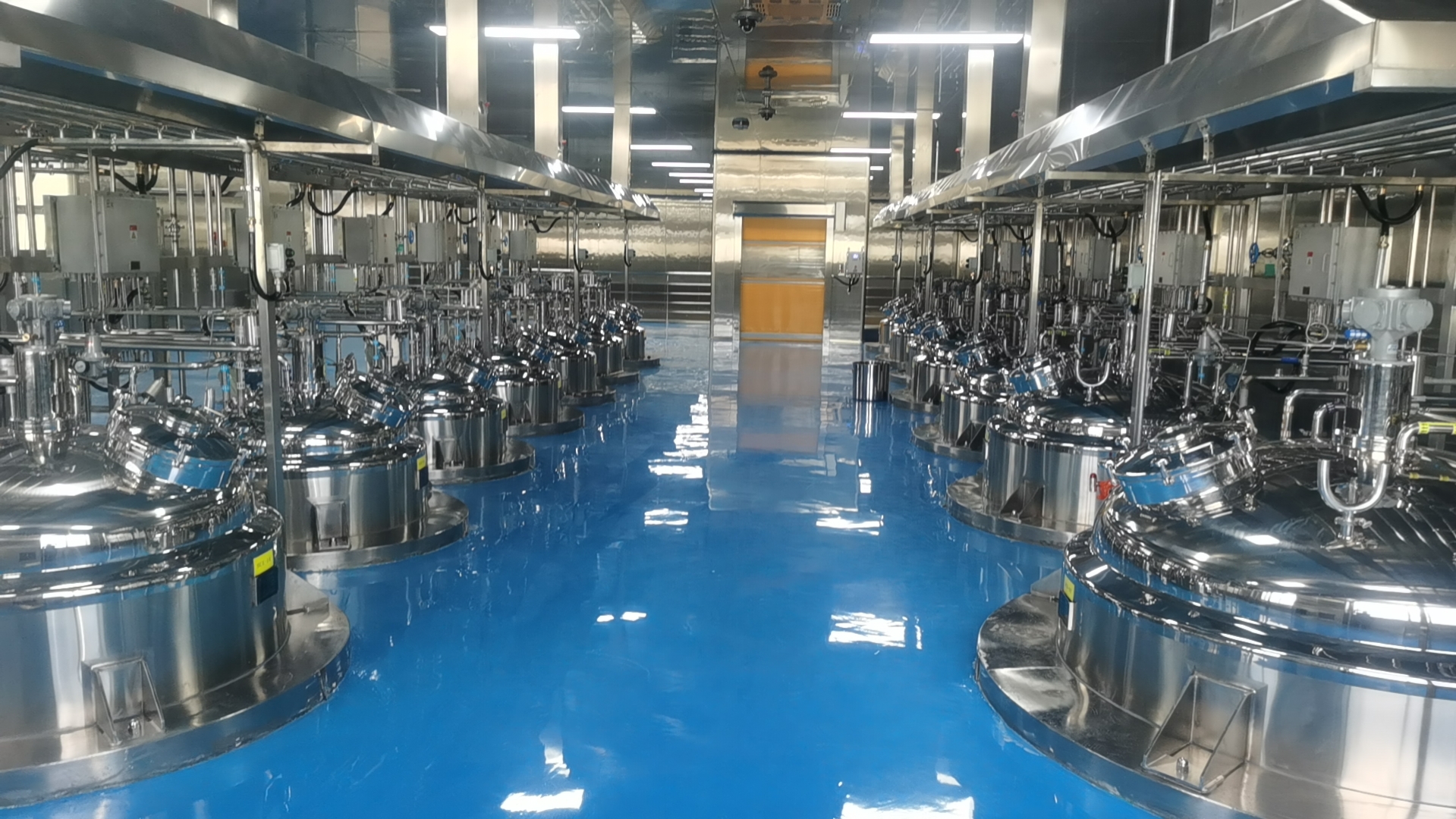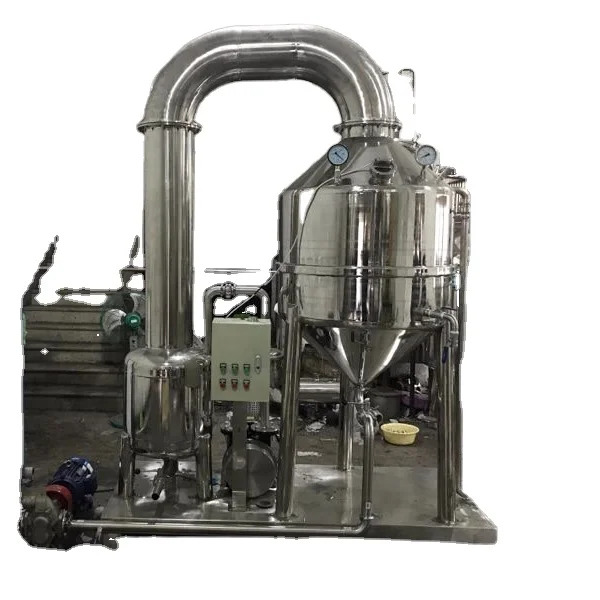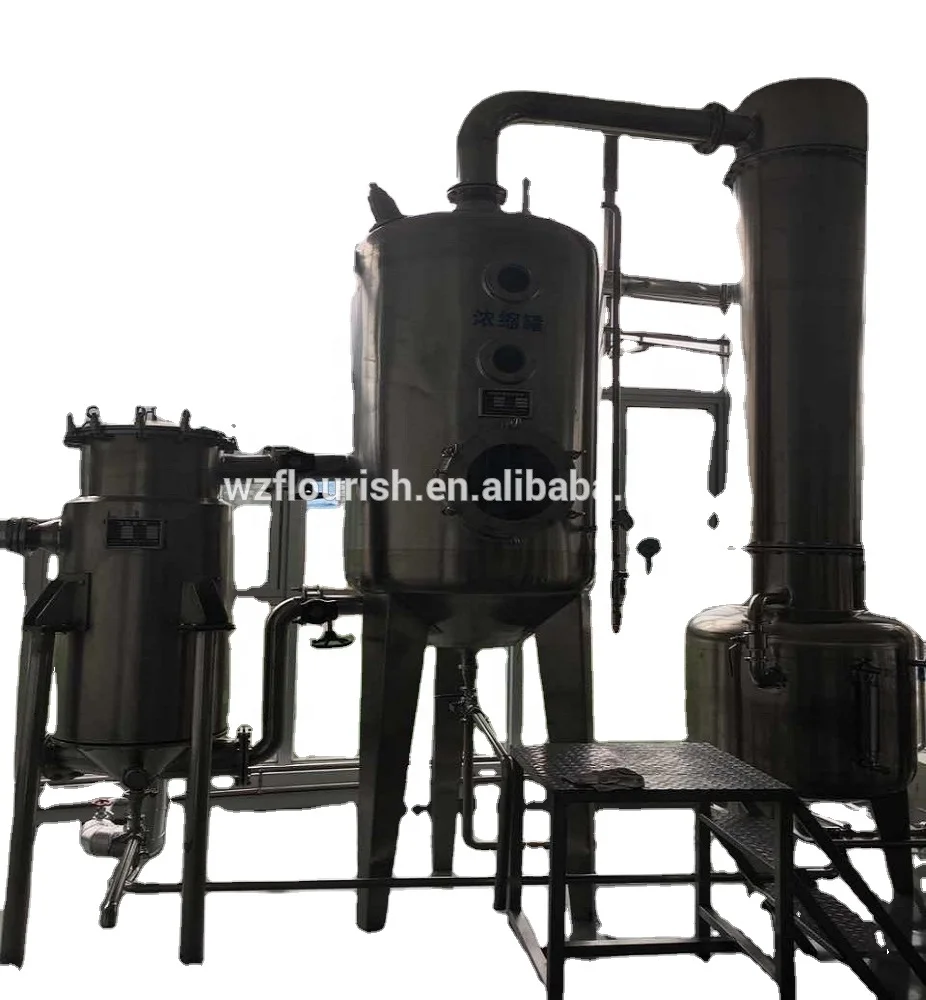
ABOUT
Wenzhou Vince Machinery Science Co., Ltd. was established in early 1980s. Our company covers an area of 6500 square meters and is an independent legal representative firm, possessing rich economic technology strength. Our company is a high tech enterprise and plays an important role in national dairy, foodstuff, pharmacy and machinery industries. We are a beverage machinery supplier.
Since the establishment, our company has mainly engaged in dairy products, foodstuff, beverage machinery, bean products, yellow wine, medicines and fermentation projects. What's more, our company supplies a complete sequence services in manufacturing, installation, test and personnel train, as well as the whole direction service design and consulting service on product project construction or enlargement artistic distribution engineering sets budget.
Advanced Stainless Steel Agitator Design
Material Selection and Corrosion Resistance
Stainless steel's prevalence in agitator design stems from its inherent corrosion resistance. Different grades of stainless steel, such as 316L and 304, are chosen based on the specific application and the nature of the fluids being mixed. Factors such as temperature, pH, and the presence of corrosive chemicals determine the optimal grade for maximum longevity and performance. Advanced designs often incorporate specialized surface treatments, like electropolishing, to further enhance corrosion resistance and prevent product contamination. This ensures a longer lifespan for the agitator and reduces the need for frequent replacements, a significant cost saving over time.
Furthermore, the selection of welds and their subsequent finishing plays a crucial role. Advanced designs utilize advanced welding techniques like TIG welding, minimizing imperfections and ensuring a seamless, hygienic surface that resists corrosion and minimizes the risk of bacterial growth – a critical factor in industries like pharmaceuticals and food processing.
Hydrodynamic Optimization and Mixing Efficiency
Modern agitator design incorporates computational fluid dynamics (CFD) modeling to optimize the hydrodynamic performance of the impeller. CFD simulations allow engineers to visualize flow patterns, predict mixing times, and fine-tune impeller geometry for maximum efficiency. This results in improved mixing homogeneity, reduced energy consumption, and shorter processing times. The design parameters, such as impeller type (e.g., axial, radial, or helical), diameter, and speed, are carefully selected based on the specific application requirements and the rheological properties of the fluids.
Beyond impeller design, the tank geometry also plays a critical role. Careful consideration is given to the tank's shape, baffles, and the placement of the agitator to minimize dead zones and optimize mixing patterns. This integrated approach, combining advanced simulation techniques with refined design principles, ensures optimal mixing efficiency and minimizes energy consumption.
Enhanced Durability and Maintenance
Advanced designs focus on improving the durability and reducing the maintenance requirements of stainless steel agitators. This includes using robust bearing systems that can withstand harsh operating conditions and incorporating features that minimize wear and tear. Designs may incorporate improved seals to prevent leakage and contamination, reducing downtime and improving operational safety.
Furthermore, modular designs are gaining popularity, allowing for easier maintenance and repairs. Components can be replaced individually, reducing the need for complete agitator replacement and minimizing downtime. This modularity also facilitates cleaning and sterilization procedures, crucial in industries with strict hygiene requirements.
Conclusion
Advanced stainless steel agitator design represents a convergence of material science, computational fluid dynamics, and manufacturing innovation. By optimizing material selection, hydrodynamic performance, and durability, modern designs offer significant improvements in mixing efficiency, energy savings, and operational reliability, leading to enhanced productivity and reduced costs across a wide range of industries.
SUBSCRIBE
INQUIRY





